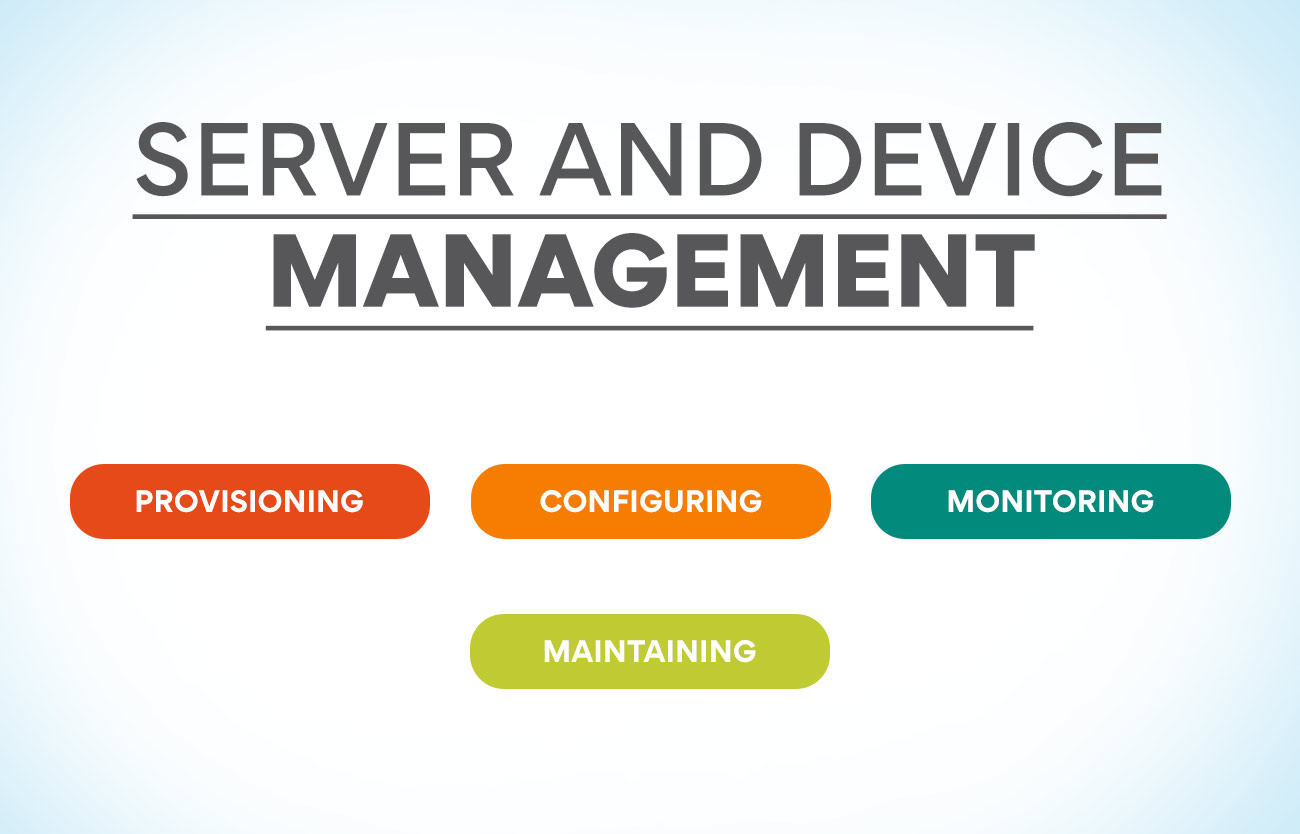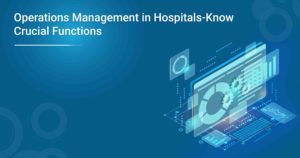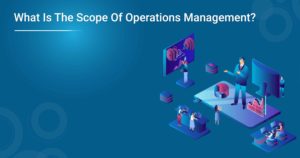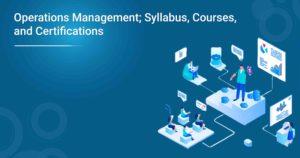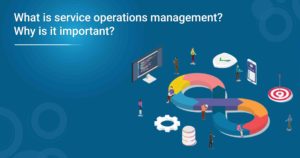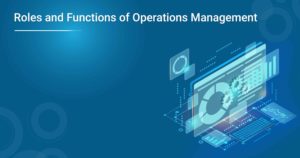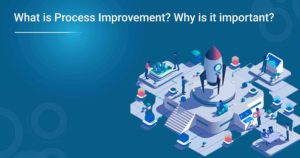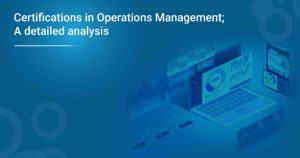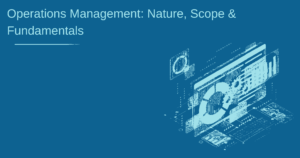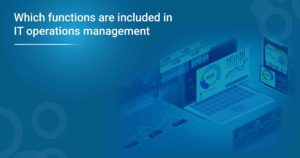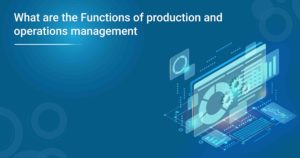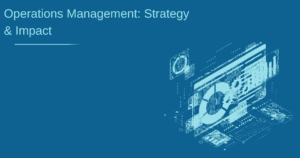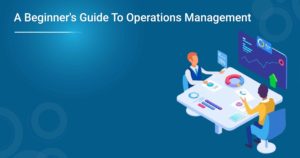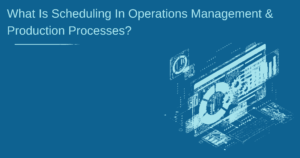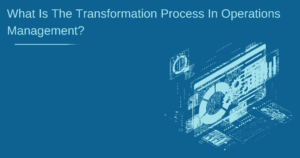IT operations management is a critical function for any organization that relies on IT to run its business. IT operations management manages the day-to-day operations of an organization’s IT infrastructure. It includes managing networks, servers, storage, and data centre facilities. IT infrastructure can quickly become overloaded and bogged down without proper management, leading to poor performance and outages. This post will discuss which functions are included in IT operations management. We’ll also explore how these functions can help improve the performance of your IT infrastructure.
Technical Management
Technical management is the IT operations management branch responsible for planning, designing, and implementing an organization’s technical infrastructure. It includes both hardware and software components, as well as any associated processes and procedures.
An effective technical management plan will consider an organization’s current and future needs to ensure that its technology infrastructure can support them. It is also essential to consider ways to improve efficiency and reduce costs where possible.
Some of the critical functions of technical management include:
- Identifying and evaluating new technologies that could benefit the organization
- Planning and designing the deployment of new technologies
- Managing the installation and configuration of new technologies
- Training staff on how to use new technologies
- Monitoring performance and ensuring the availability of systems and services
- Troubleshooting issues and providing support when needed
Also Read: What is Operations and Supply Chain Management (OSCM)?
IT Operational Cost
Operational costs for IT can be broadly divided into two categories: direct and indirect costs.
Direct costs are those that are incurred as a result of actions taken by IT staff to keep the organization’s systems running. These include salaries, benefits, and contracted services. Indirect costs are not directly associated with specific actions taken by IT staff but must be borne by the IT department. These include facilities costs, administrative overhead, and regulatory compliance.
To get a handle on operational costs, it is essential to understand the different types of cost drivers that can impact them. The four most common cost drivers are volume, complexity, time, and risk.
Volume refers to the number of transactions or files processed by an organization’s systems. Complexity is the number of different applications and technologies used by an organization. Time means the time required to complete a given task or process. Risk refers to the likelihood of errors or outages occurring during system operation.
Each of these cost drivers can have a significant impact on operational costs. For example, the increasing volume may require additional hardware or staffing resources to keep up with demand. Similarly, adding new applications or technologies can increase complexity and lead to greater training and support needs. Finally, tasks that take a long time to complete can tie up valuable resources and lead to opportunity costs.
Application Management
Application management is about managing software applications development, deployment, and maintenance. It includes the following functions:
- Planning and budgeting for application development and deployment
- Coordinating and overseeing the work of developers, testers, and other staff involved in the application lifecycle
- Deploying applications to production environments
- Monitoring applications for performance and availability issues
- Troubleshooting and resolving problems with applications
- Updating applications with new features or bug fixes
Facilities Management
Facilities management is critical in keeping an organization running smoothly and efficiently. Facilities management manages and coordinates the physical resources and systems within an organization. It includes maintaining and repairing infrastructure, providing support services, and ensuring safety and security.
IT operations management is responsible for the day-to-day operations of an organization’s IT system. This includes managing networks, servers, storage, databases, applications, and security. IT operations managers ensure these systems are up and running around the clock. They also work to resolve any issues that may arise.
Both facilities management and IT operations management are critical functions in keeping an organization up and running. Without these two functions working together seamlessly, an organization would quickly grind to a halt.
Standard Operating Procedures
Standard operating procedures (SOPs) are essential to IT operations management. They provide clear and concise instructions for performing tasks and procedures. SOPs help to ensure that tasks are carried out consistently and accurately, and they can be used to train new staff members or refresh the skills of existing staff.
SOPs should be developed for all key processes and procedures within IT operations. They should cover all aspects of the task, from start to finish, and be designed to be easy to follow. Once developed, SOPs are regularly to ensure that they remain up-to-date and fit for purpose.
Network Infrastructure Management
Network infrastructure management is a critical function of IT operations management. Without proper management, networks can become overloaded and unavailable, leading to downtime and lost productivity.
Network infrastructure management includes the planning, designing, implementing, and maintaining of networked systems. It can consist of physical and logical components such as routers, switches, firewalls, and other devices. It also includes managing network services such as DHCP, DNS, and IP addresses.
Proper network infrastructure management ensures that networks are available and can handle the required traffic without issue. It also helps to prevent outages and reduce downtime by proactively identifying and addressing potential problems.
Also Read: What Is The Scope Of Operations Management?
Computer Operations And Help Desk
IT operations management includes a wide range of activities, from ensuring the smooth operation of IT systems to providing user support and managing changes to the system.
Computer operations include the day-to-day running of computer systems, including troubleshooting, maintenance, and backups. The computer operations team is responsible for keeping the systems running and ensuring that users can access the data and applications they need.
The help desk is the first contact point for users needing help with their computer system. The help desk team provides support and advice on using the system and helps resolve problems. They may also train users on new features or updates to the system.
Server And Device Management
Server and device management is a critical part of IT operations management. It includes the tasks of provisioning, configuring, monitoring, and maintaining servers and devices.
Provisioning: It involves setting up new servers and devices according to specifications. This includes installing the operating system and applications and configuring settings.
Configuring: These servers and devices involve setting them up to work with the rest of the network. This includes tasks such as assigning IP addresses and creating DNS entries.
Monitoring: These servers and devices ensure that they are operating properly. This includes tasks such as monitoring performance and checking for errors.
Maintaining: These servers and devices keep them up-to-date with security patches and software updates. This helps to ensure that they remain secure and efficient.
Operations Log
Operations Log is a central repository for all activities within the IT operations management function. This function ensures that all activities are properly logged, monitored, and audited. The Operations Log provides a complete record of all actions that have taken place within the IT operations management function, which can be used to improve efficiency and effectiveness.
IT Operations Management Challenges
IT operations management includes various functions, from managing server and network infrastructure to ensuring business-critical applications’ availability. In today’s fast-paced business environment, IT operations managers must be able to effectively identify and resolve potential problems before they impact the business.
One of IT operations managers’ most significant challenges is keeping up with the ever-changing technology landscape. New technologies are constantly being introduced, and it can be challenging to determine which ones will impact the business most. Additionally, new technologies often require new skill sets, which can take time to acquire and maintain.
Another challenge facing IT operations managers is balancing the need for speed and efficiency with the need for security and compliance. With businesses requiring faster turnaround times, there is often pressure on IT operations to cut corners to meet deadlines. However, this can lead to security vulnerabilities and compliance issues. IT operations managers must balance meeting deadlines and ensuring processes are followed correctly.
Finally, IT operations managers must also deal with the pressure to achieve more with fewer resources. Budgets are often tight, and there is always pressure to find ways to improve efficiency without increasing costs. This can be a tricky balancing act, but keeping the business running smoothly is essential.
How To Overcome IT Operations Management?
IT operations management manages the day-to-day operation of an organization’s IT infrastructure. This includes monitoring and troubleshooting hardware and software, ensuring that systems are up and running, and maintaining system security. To overcome IT operations management, one must understand which functions are included in IT operations management.
There are a bunch of critical things that can be done to overcome IT operations management:
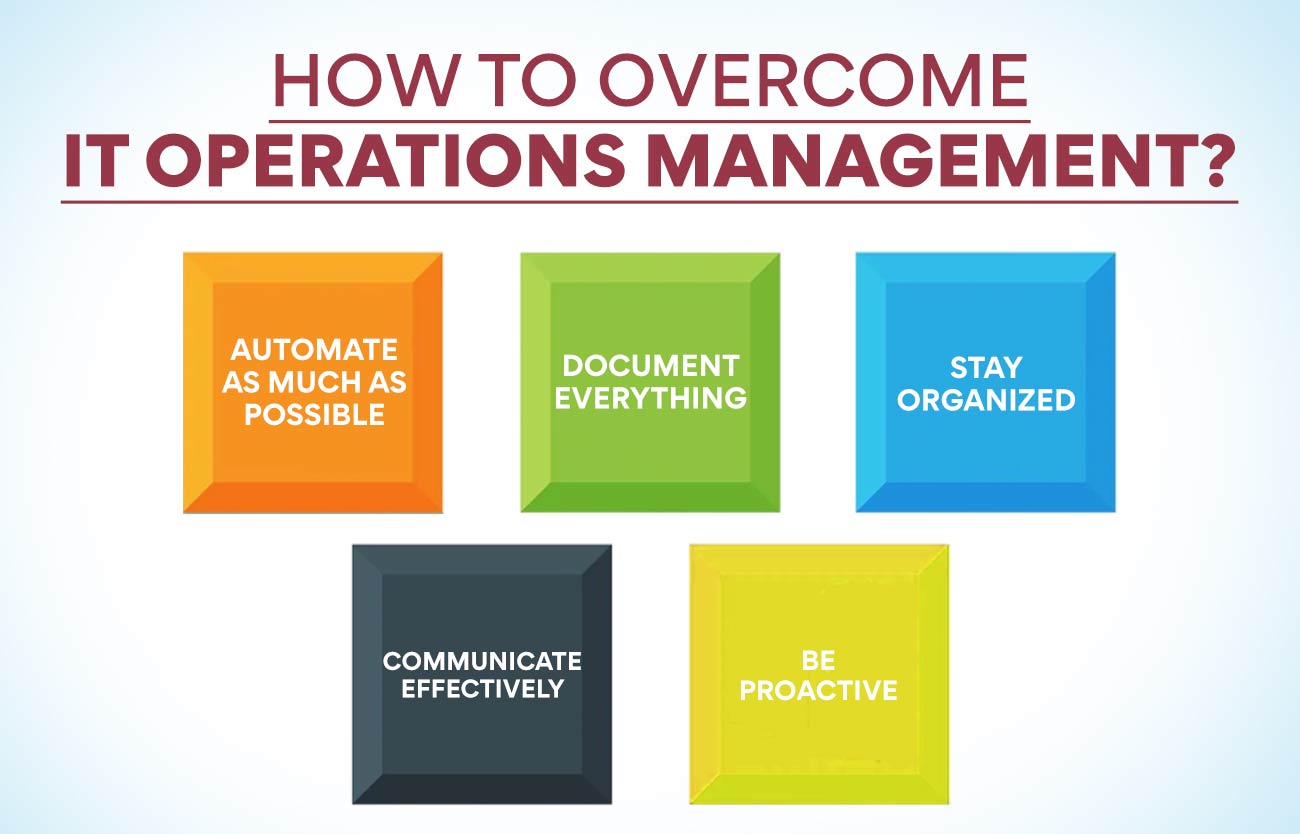
- Automate as much as possible: Automating tasks can help to free up your time to focus on other aspects of your job. Several tools available can help with this, so do some research to find the ones that will work best for you and your organization.
- Document everything: Keeping clear and concise documentation is crucial in any type of operations management. This will help you track everything that needs to be done. Document both processes and procedures so that anyone can follow them.
- Stay organized: Staying organized is another essential part of effective IT operations management. Having a transparent system in place will help you to stay on top of all the moving parts and ensure that nothing falls through the cracks.
- Communicate effectively: Communication is vital in any type of management, but it is imperative in IT operations management. Make sure everyone involved knows what their roles and responsibilities are, as well as what the expectations are. This will help to avoid misunderstandings and confusion.
- Be proactive: One of the best ways to overcome IT operations management is to be proactive. It means being prepared for things that might go wrong and having contingency plans in place. By being proactive, you can avoid costly downtime and disruptions.
How To Become An IT Operations Manager?
To become an IT operations manager, there are many critical steps that you will need to take. Firstly, you must have a strong background in information technology. This will allow you to understand better the systems and processes you will be responsible for managing.
Secondly, you should consider pursuing a management-focused degree or certification. This will give you the skills and knowledge necessary to lead a team of IT professionals effectively.
Finally, it is also beneficial to have some experience working in an IT operations role before taking on a managerial position. This will help you understand the challenges and opportunities of this type of job.
Future Of IT Operations Management In India
The future of IT operations management in India is fascinating. With the growing popularity of cloud computing and the increasing adoption of DevOps practices, this field has a lot of growth potential.
Many functions are included in IT operations management, such as system administration, network administration, storage administration, and security administration. In addition to these traditional functions, there is also a lot of potential for growth in areas such as cloud computing and DevOps.
Cloud computing is becoming increasingly popular in India, witnessing a lot of growth potential in this area. There are many benefits to using cloud services, like the ability to scale quickly and easily, pay-as-you-go pricing models, and increased flexibility.
DevOps is another area that is seeing a lot of growth in India. DevOps is known as the set of practices that emphasizes collaboration between development and operations teams. This approach can help improve an organization’s software development life cycle efficiency.
Indeed, the growth of IT operations management in India has humongous potential. With the growing popularity of cloud computing and the increasing adoption of DevOps practices, there is a lot of opportunity for organizations to improve their efficiency and effectiveness.
Conclusion
IT operations management is a process that encompasses many different functions, from planning and budgeting to resource allocation and performance monitoring. By understanding the various functions involved in IT operations management, you can better plan and execute your own IT projects. Do you have any experience with IT operations management? Do you want to get hands-on experience in operations management? Our course Advanced Certificate in Operations, Supply Chain and Project Management is the best place to start. To know more, check out the course now!
More Information:
What Are The Objectives Of Operations Management?
Why Do Businesses Need An Operations Strategy?







